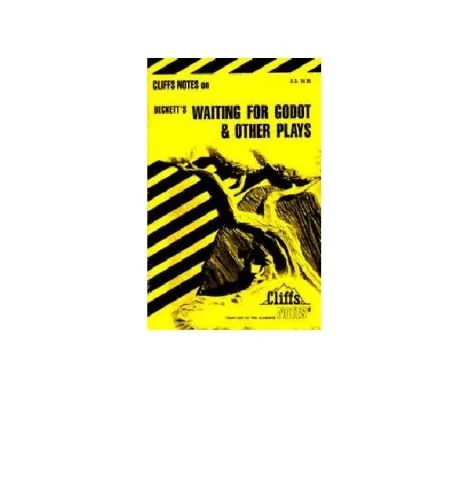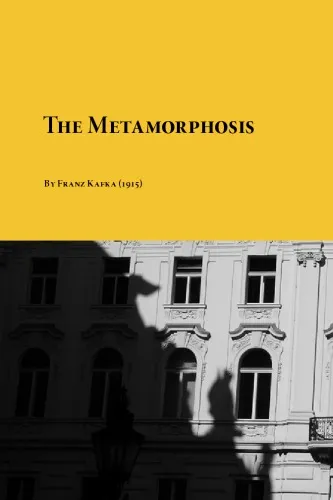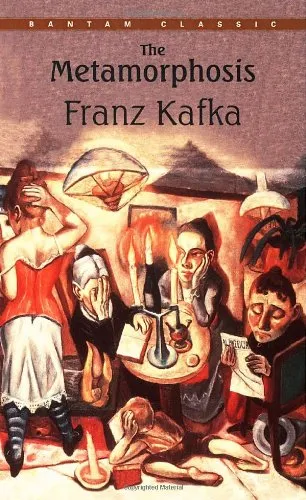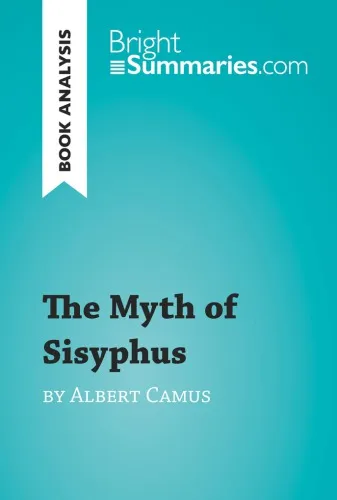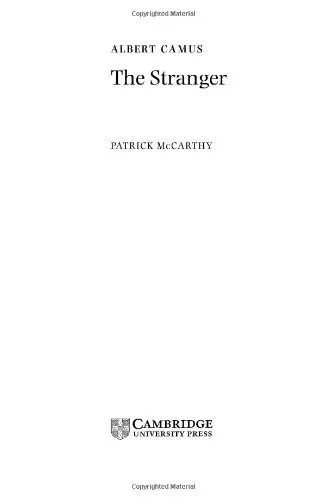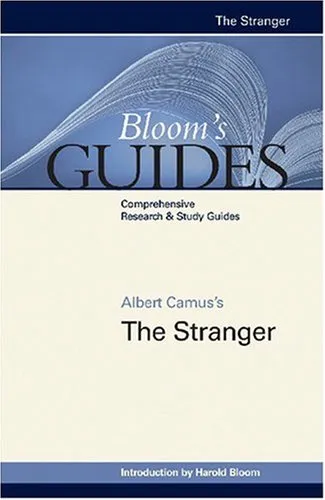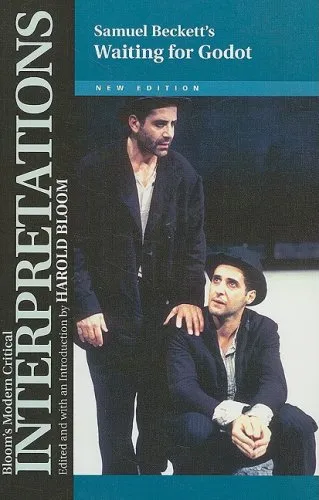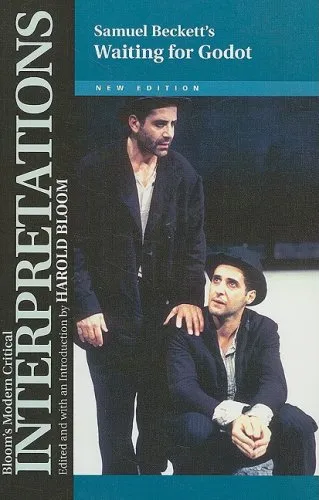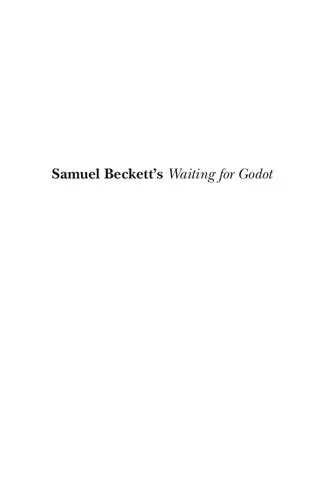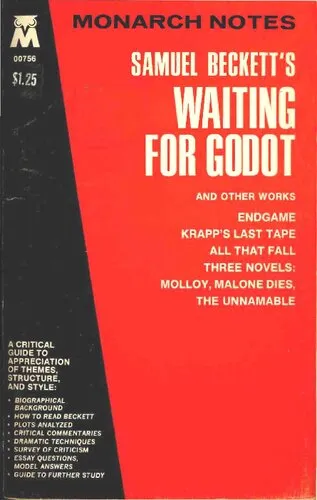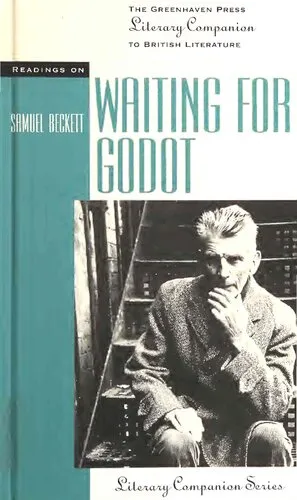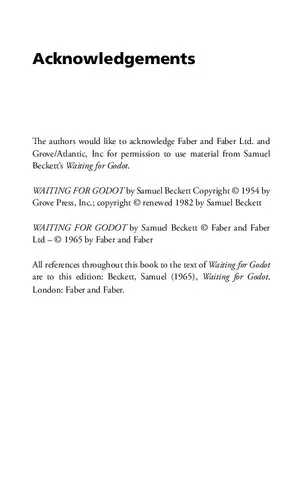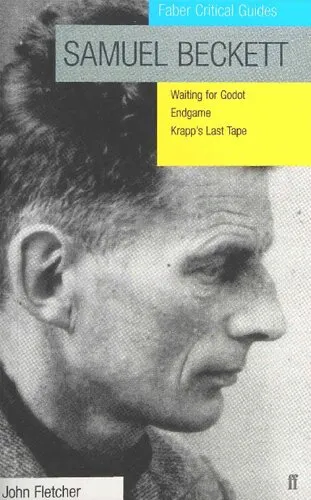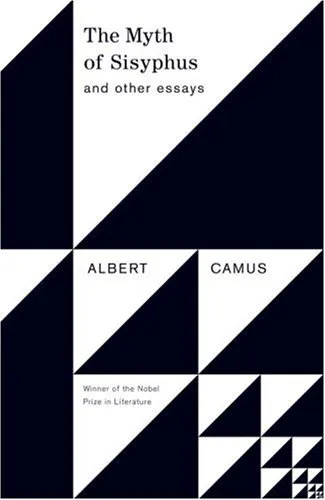Becketts Waiting for Godot, Endgame, Other Plays
4.6
Reviews from our users

You Can Ask your questions from this book's AI after Login
Each download or ask from book AI costs 2 points. To earn more free points, please visit the Points Guide Page and complete some valuable actions.Related Refrences:
Introduction to Beckett's 'Waiting for Godot, Endgame, and Other Plays'
Samuel Beckett’s oeuvre encapsulates the essence of 20th-century existentialism while pushing the boundaries of dramatic literature. This collection, 'Waiting for Godot, Endgame, and Other Plays,' curated thoughtfully, invites readers into the absurd yet profoundly reflective worlds Beckett creates. Through this detailed introduction, we will delve into the summary of the plays, key takeaways, notable quotes, and why these works remain significant in today's literary landscape.
Detailed Summary of the Book
The collection opens with 'Waiting for Godot,' perhaps Beckett’s most famed play, where we witness two characters, Vladimir and Estragon, languishing in a desolate landscape, waiting for the mysterious 'Godot.' Their interactions blend tragicomedy with existential musings, encapsulated within their repetitive, stagnant wait. 'Endgame' follows, showcasing a world constrained within a single room. Beckett uses the characters Hamm, Clov, Nag, and Nell to explore themes of dependency, decay, and the inevitable march towards entropy. Other modernist masterpieces in this collection include lesser-known but equally impactful plays where Beckett further expounds on the absurdity of existence and the human condition. This collection is not merely about the narratives but the deep philosophical undercurrents that encourage both introspection and a reevaluation of the everyday ennui.
Key Takeaways
- Beckett's exploration of existential dread and absurdism reflects the broader post-war disillusionment and the philosophical inquiries of the 20th century.
- The minimalist settings and dialogue-focused structure redefine the conventions of drama, emphasizing themes over plot.
- His characters often embody the limitations and struggles inherent to human consciousness, offering audiences a stark reflection on life's inherent uncertainties.
- Beckett’s writing style, characterized by sparse language and repetitive dialogue, serves to strip human experience to its core essence.
Famous Quotes from the Book
"Nothing to be done." - 'Waiting for Godot'
"They give birth astride of a grave, the light gleams an instant, then it’s night once more." - 'Waiting for Godot'
"The end is in the beginning and yet you go on." - 'Endgame'
"We're not beginning to... to mean something?" - 'Endgame'
Why This Book Matters
Beckett's writing in this collection is more than a mere contribution to the canon of modern drama; it is an influential discourse on the philosophical quandaries that face humanity. 'Waiting for Godot' has become emblematic of the absurd, inspiring countless adaptations and reinterpretations. 'Endgame' and the other plays included challenge audiences' perceptions of theatre itself. These works have maintained their relevance over decades because they provide a mirror to the cyclical and often futile patterns of human life. Beckett's unique ability to intertwine humor with profound existential introspection has cemented these plays as both universally accessible and intellectually stimulating. They are essential reading for anyone interested in understanding the human psyche's intricacies or the evolution of modern theatre.
Free Direct Download
You Can Download this book after Login
Accessing books through legal platforms and public libraries not only supports the rights of authors and publishers but also contributes to the sustainability of reading culture. Before downloading, please take a moment to consider these options.
Find this book on other platforms:
WorldCat helps you find books in libraries worldwide.
See ratings, reviews, and discussions on Goodreads.
Find and buy rare or used books on AbeBooks.
